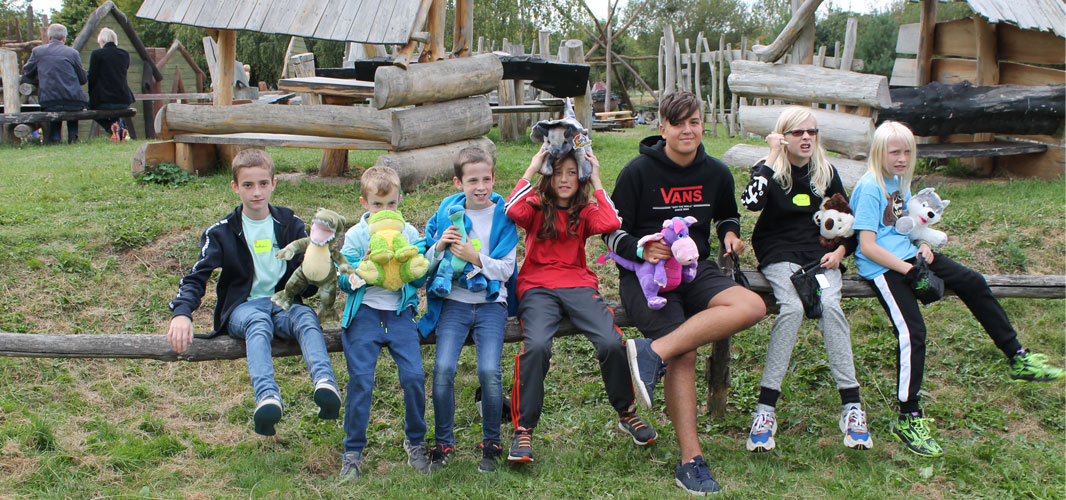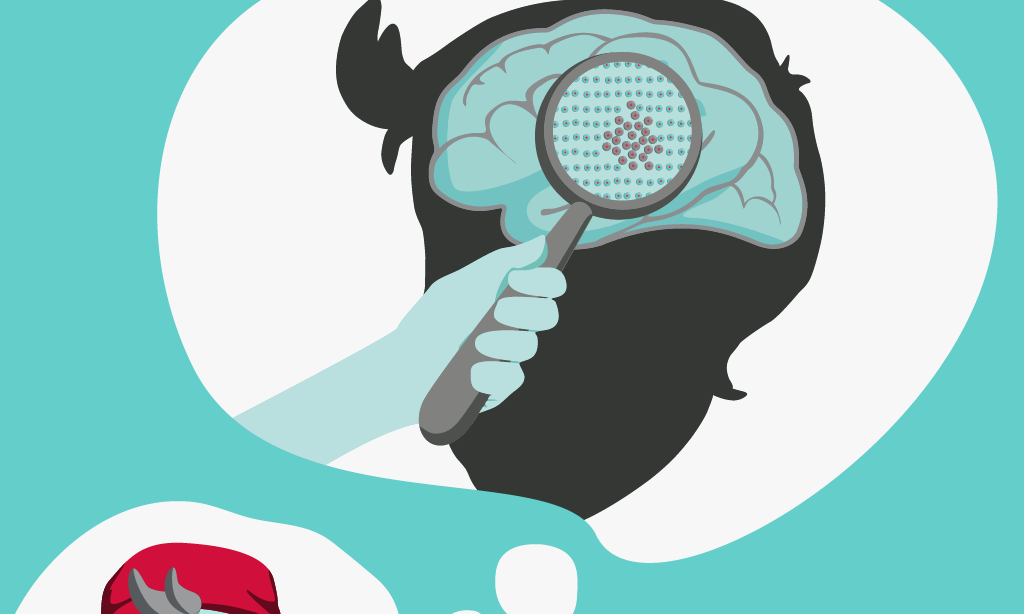Maintaining friendships following a brain tumour diagnosis
A brain tumour diagnosis can hugely impact a child in every aspect of their lives, including friendships.
Children often have to deal with uncertainty and anxiety for many years, particularly around upcoming scans and results. This can be emotionally draining potentially make them less tolerant. At these times, the child is likely to need more understanding and empathy from friends.
This is why supporting a child with their friendships following a brain tumour diagnosis is likely to go beyond their initial return to school. There will be points when it may be useful to re-visit the themes identified in this resource, e.g. during transition or if there are concerns about friendships.
Remember! We often hear from people affected by a low grade tumour that others expect everything to go back to ‘normal’ after treatment, but we know that this isn’t the case.

Noah’s Reception teacher handled his collapse and diagnosis really well and was key to educating the class of five and six-year -olds so that his friends understood what he had been through and the long lasting impacts of this.
Donna Forster, mother of Noah (6) diagnosed with a rare, low-grade brain tumour
Tips for continuing support after a brain tumour diagnosis
- Regularly check in with the child affected, and their siblings.
Follow up meetings, maybe once a term, would be good to chat to the child to see where they are and what more can be done. The child needs to own the situation, not feel like they’re having to do something.
Emma Bassett, primary school teacher, diagnosed with a brain tumour in 2004, aged 13
- Keep an eye on how the child is getting on at school, through general observations and conversations with other school staff. This will help you assist them with any issues they may be facing following a brain tumour diagnosis, such as support with friendships.
- Keep friends involved and feeling like they can help.
School was great with longer term support – they let us participate and help in my friend’s recovery. For example, allowing one person each time to go with my friend to the room where she got extra support, and we changed it every time, so that I guess a) my friend knew the whole class was there for her, and b) so that we all felt we were there and to be a part of it.
Friend diagnosed with a brain tumour in primary school
- Keep in contact with parents and keep a record of upcoming dates, e.g. hospital appointments, upcoming scans which may cause ‘scanxiety’. Scanxiety is a fear or anxiety about MRI or CT scans and their results. It’s commonly felt by those affected by a brain tumour. Scanxiety will look and feel different in every child, so ways of supporting them will vary.
- Make sure you prepare the child and teaching staff prior to transition times. This may be between classes, year groups or even schools. Keep a record of the work you’ve done with the child around telling their brain tumour story and offer them any support they need at this time, such as help with friendships. This can be helpful when preparing the child for a transition.
Communication with future schools and creating links for visits prior to joining will be key. This would include a list of who to contact for help.
Please do remember, if you need anything at all, our Children and Families team is here to listen, support and answer any questions you may have. You can contact us on 0808 800 0004 5000 or by email at [email protected]
Support and Information Services
Research & Clinical Trials Information
You can also join our active online community.
In this section

Supporting you
Our Children & Families team offers support to children, young people and families affected by a brain tumour diagnosis. We’re here to help with any information you might need, answer your questions, listen and provide support.
